-
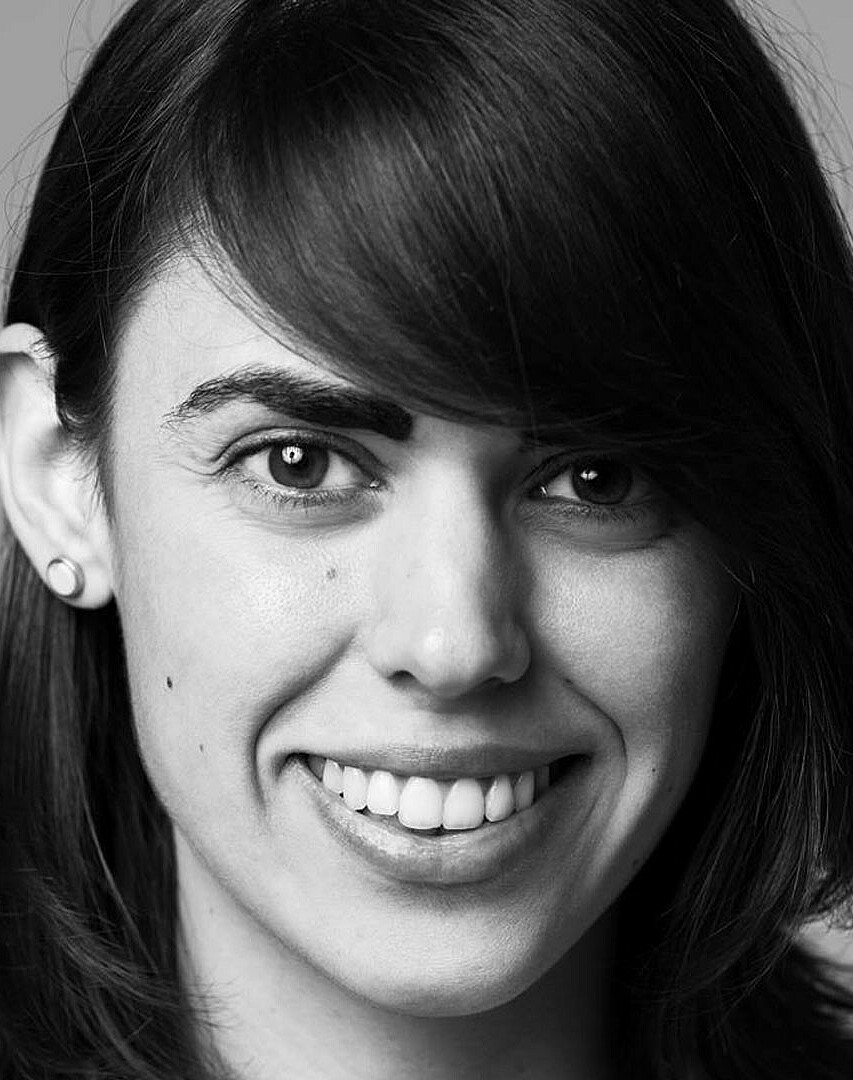
© Magnus Reed
13.09.2022Jess de Jesus de Pinho Pinhal, Technische Universität Berlin
As a research assistant at the Institute for Machine Tools and Factory Management and the Institute of History and Philosophy of Science, Technology, and Literature at the Technische Universität Berlin (TU Berlin), the Brain City Ambassador works in an extremely interdisciplinary manner and takes a critical look at new technologies such as Artificial Intelligence.
“I show how society shapes technology and how technology in turn shapes society.” Jess de Jesus de Pinho Pinhal is a technology ethicist. And as such, they investigates, among other things, “non-neutrality” and the contingency of new technologies. “The strengths of my research lie in its contextualist approach and critical intransigence. By showing what values are embedded in algorithms that are beyond public control, I break through the narrative of objective science and technology,” says the Brain City Ambassador. As a research assistant at the TU Berlin, they works at two institutions: the Institute for Machine Tools and Factory Management (IWF) and the Institute of History and Philosophy of Science, Technology, and Literature (IHPSTL). They thereby combines interdisciplinarity not only in her research, but also in their own person.
They is particularly interested in identifying and locating existing norms that shape new realities, as well as new norms that emerge as a result of these changes. “The contextualization of these norms makes it possible to think about (better) alternatives. The most interesting aspect for me is to separate the contingent (random or contiguous, editor’s note) from the necessary. We tend to think we can do nothing about it; being caught up in the 'progress train'. In reality there are many other possibilities. But our cultural background and habits prevent us from seeing most of them,” explains Jess de Jesus de Pinho Pinhal.
The young scientist brings with them the elementary connection to practice: “After completing my Master of Science in general engineering and telecommunications physics in Strasbourg, I worked as a software engineer and in between did my BA in philosophy in Nice. After that, I helped tech start-ups develop new applications and products. What really shocked me at the time was the lack of addressing the potential misuse, flaws and dangers of these technologies. Developers and business people do not have the necessary skills for this,” says Jess de Jesus de Pinho Pinhal. On the other hand, many philosophers are still cut off from the real world. “Their recommendations show that they don’t always fully understand these technologies and the market pressures under which they are evolving. I thought that, thanks to my dual background, I could really contribute to the research field of ethics of technology.”
Berlin is a lively city where non-academics who are outside the establishment can express themselves. For someone working on issues like AI ethics, global governance of technology and ultimately global justice, that makes a real difference.
Jess de Jesus de Pinho Pinhal came to Berlin in 2016. First of all, to study here. “Then I decided to stay: because of the active start-up scene – and because I fell in love with this free, tolerant and lively city.” Their research has an interdisciplinary structure – and is internationally oriented. “Within the TU Berlin, I work together with computer scientists who specialise in AI. Outside, I collaborate with the Leverhulme Centre for the Future of Intelligence at the University of Cambridge and with researchers at various other European universities. I am also currently establishing a collaboration with scholars from Australia in the field of philosophy."
Whether as a scientist or a private individual: Jess de Jesus de Pinho Pinhal is still enthusiastic about the city: “Berlin has many universities, such as the Humboldt-Universität zu Berlin, which is one of the most renowned universities of philosophy in the world. But Berlin is also a lively city where non-academics who are outside the establishment can express themselves. For someone working on issues like AI ethics, global governance of technology and ultimately global justice, that makes a real difference.” And the young researcher likes living in the city for another reason: “There is always something to do here: a lecture, a debate, a film, an exhibition, a protest. Always!”
Jess de Jesus de Pinho Pinhal advises young researchers who want to start a career in Berlin first and foremost to give themselves enough time to find their way around: “There are many possibilities, but they are not all the same. Be wary of political games that are common in the competitive environment of higher education. But you will also meet passionate people here with whom you can work together!” In the experience of the Brain City ambassador, it is also important to expand your own network to non-academic areas. “There are many interesting people in Berlin!” (vdo)
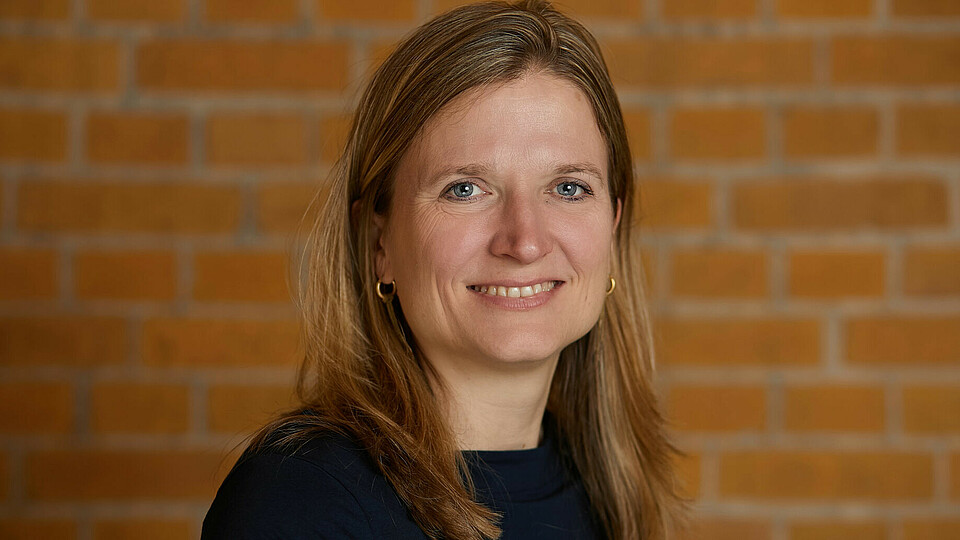
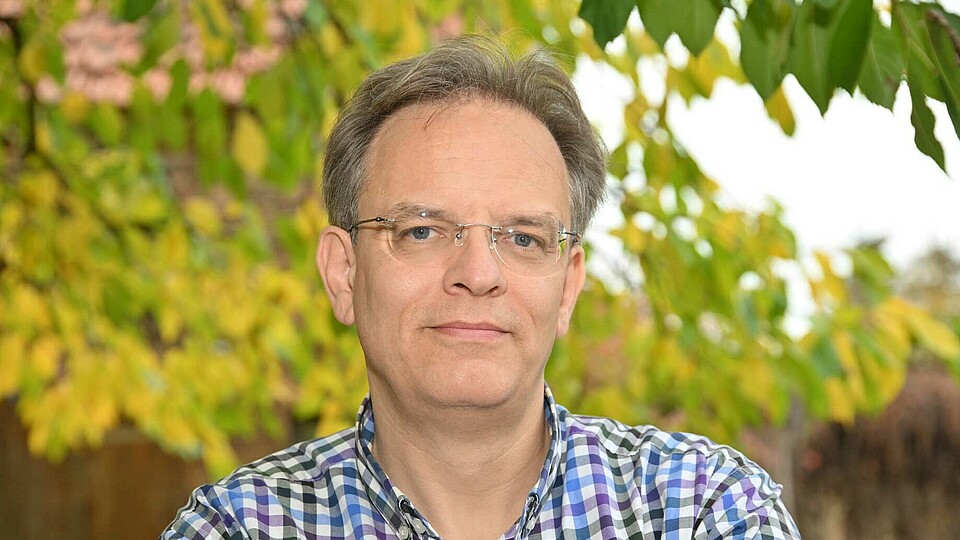
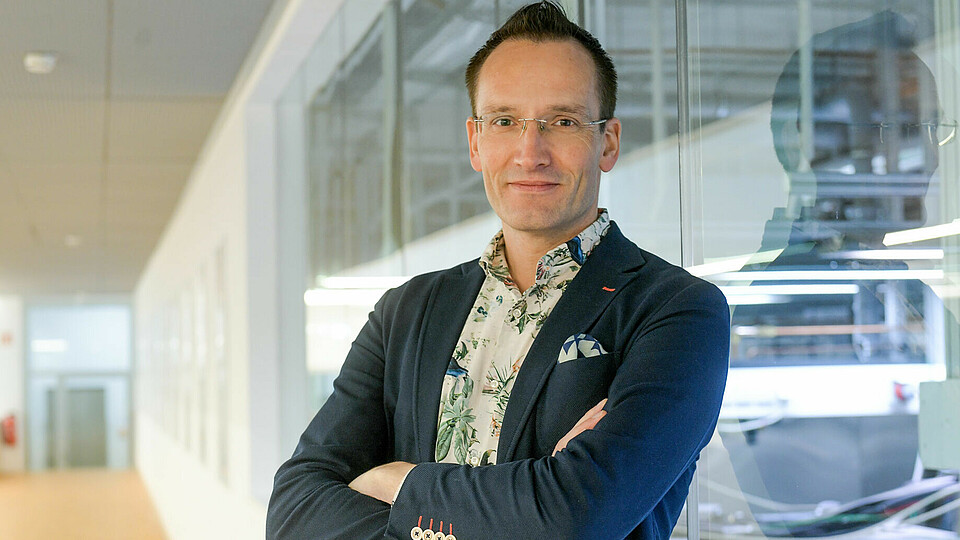

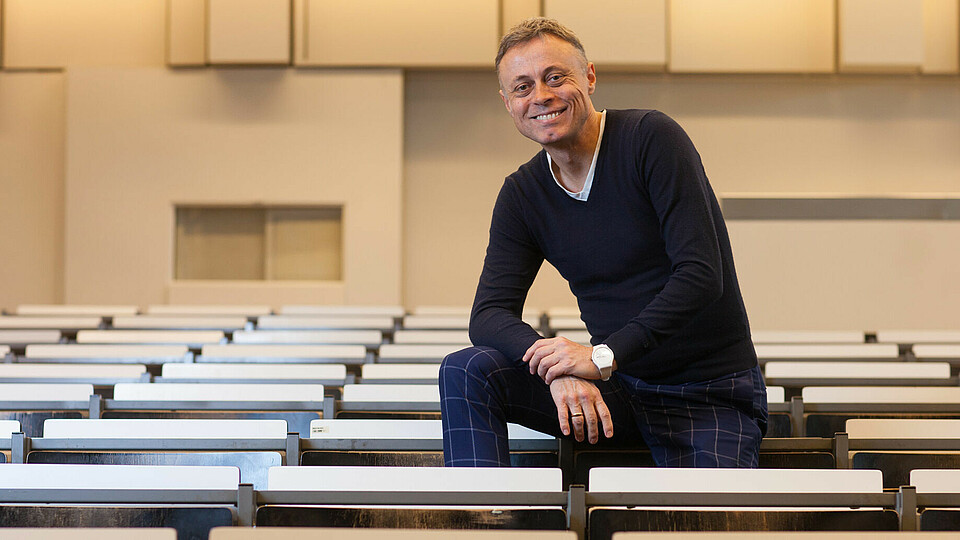
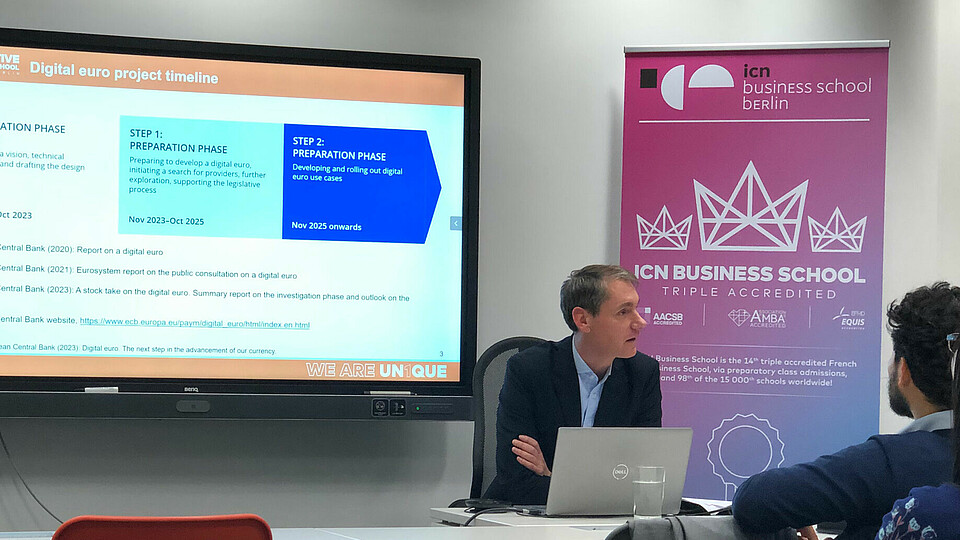
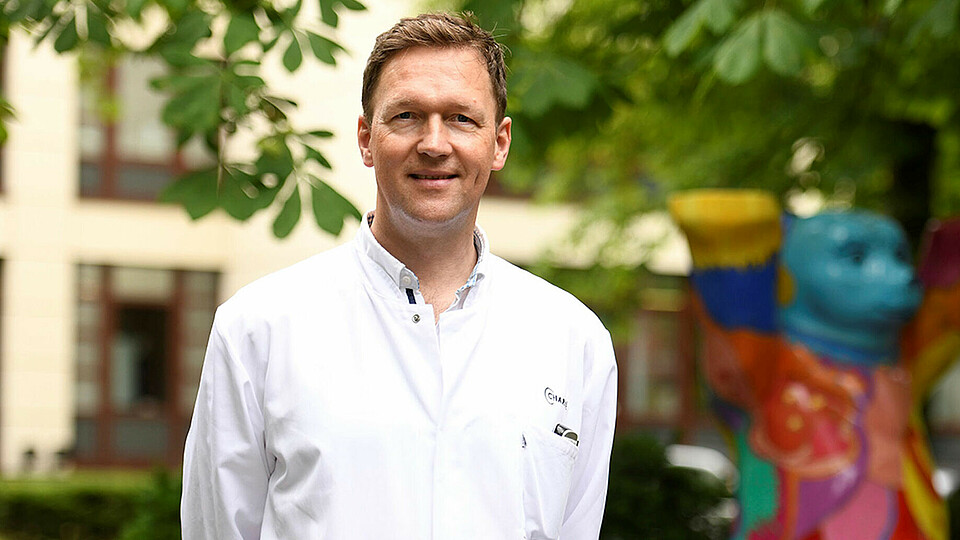
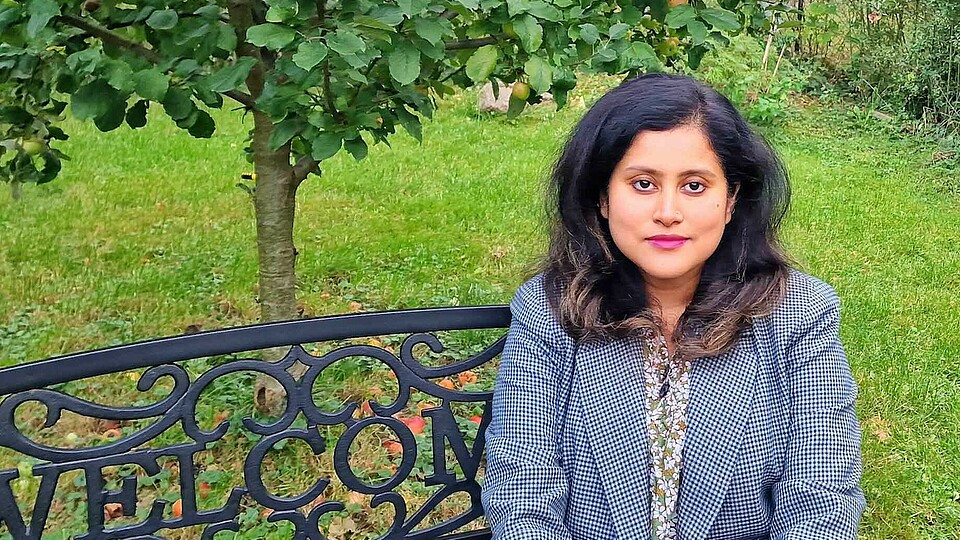
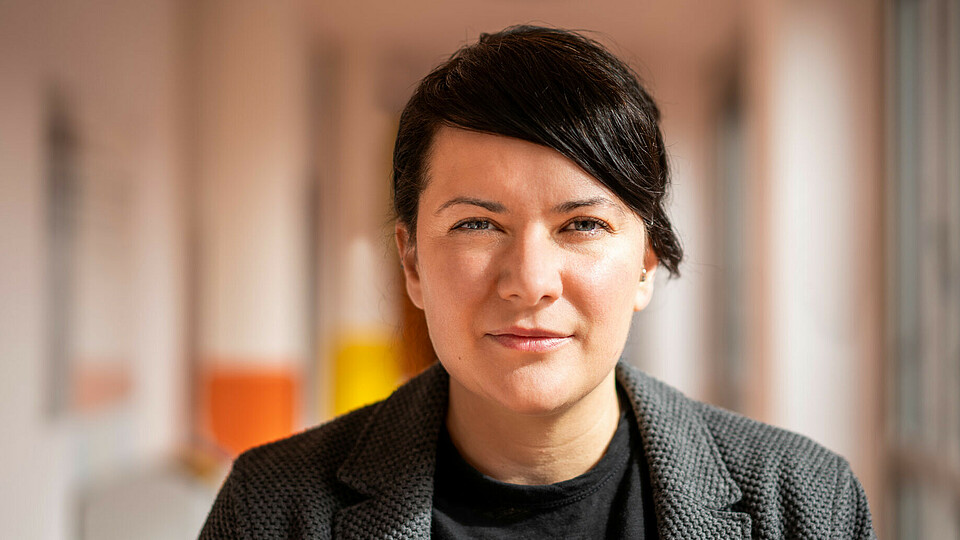
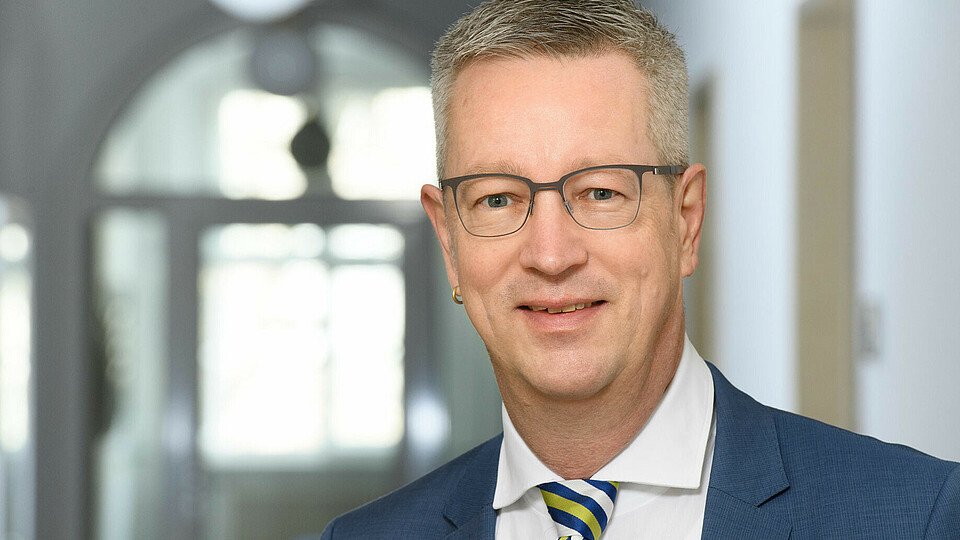
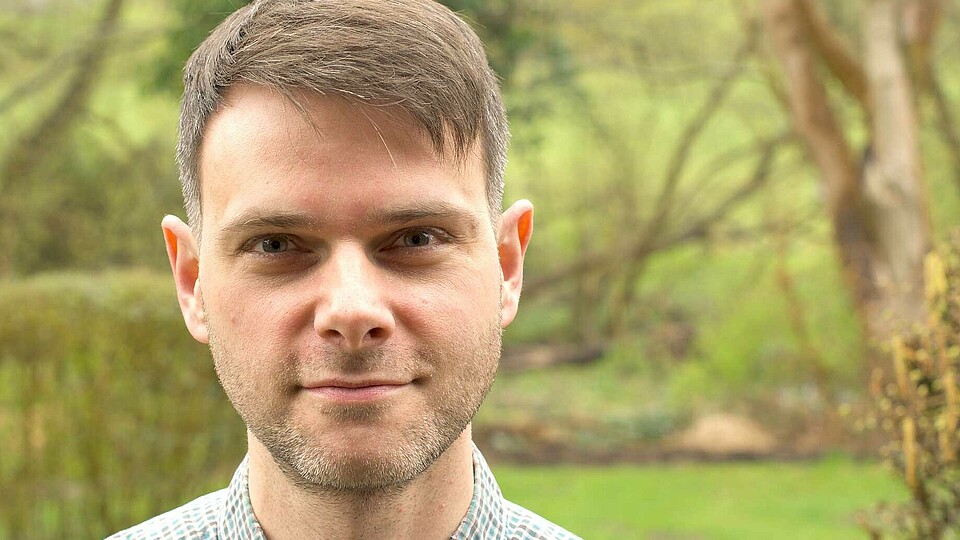
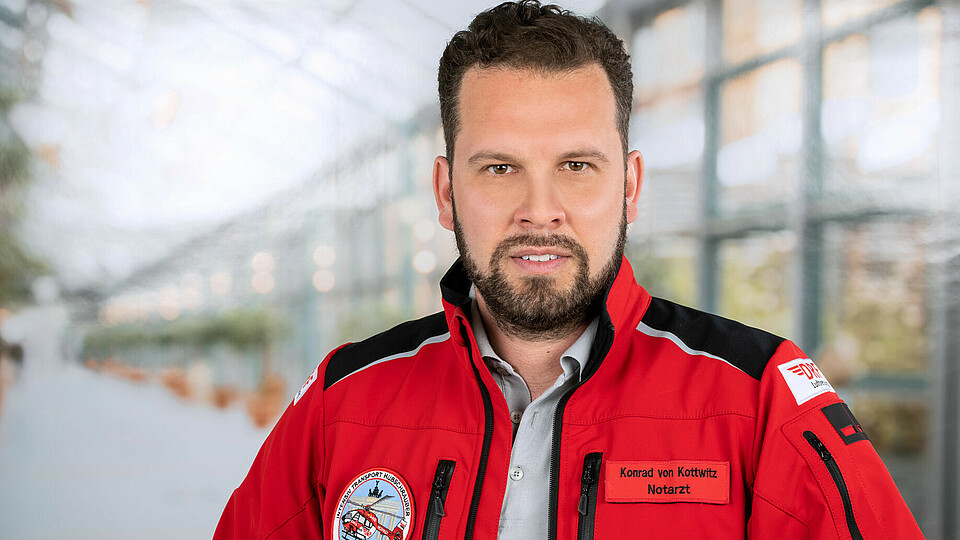
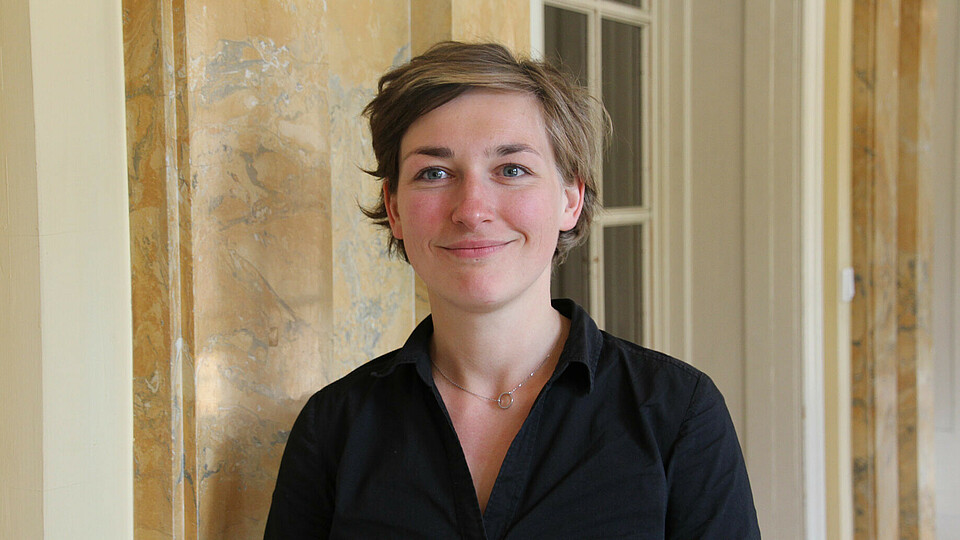
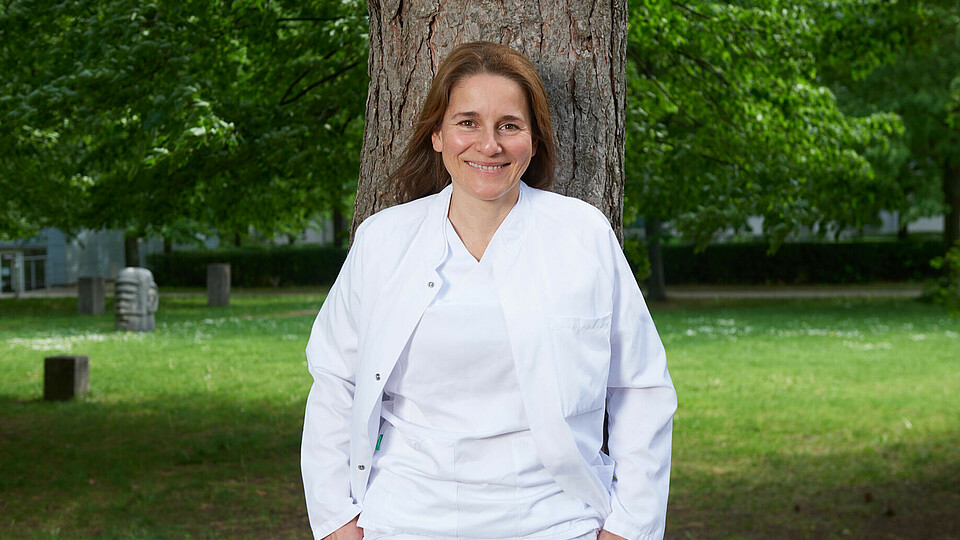
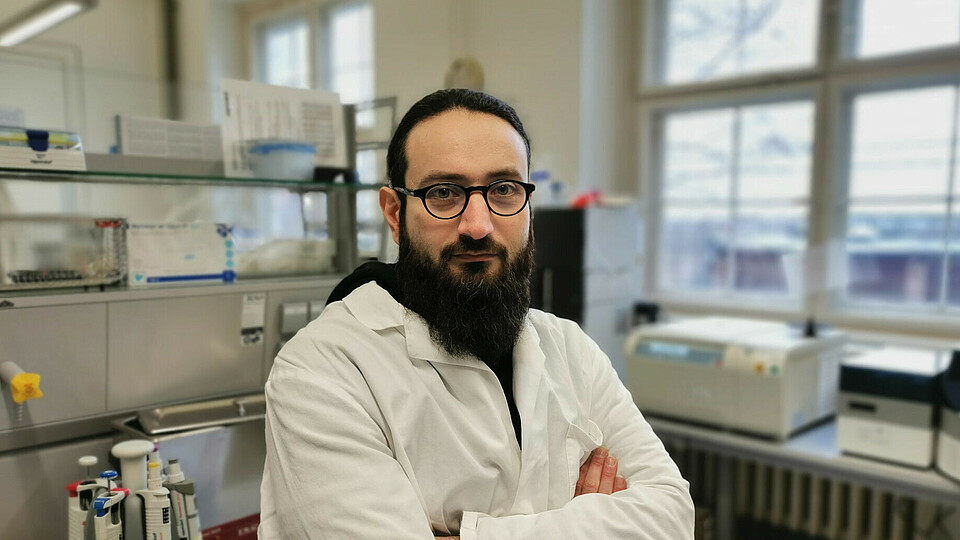
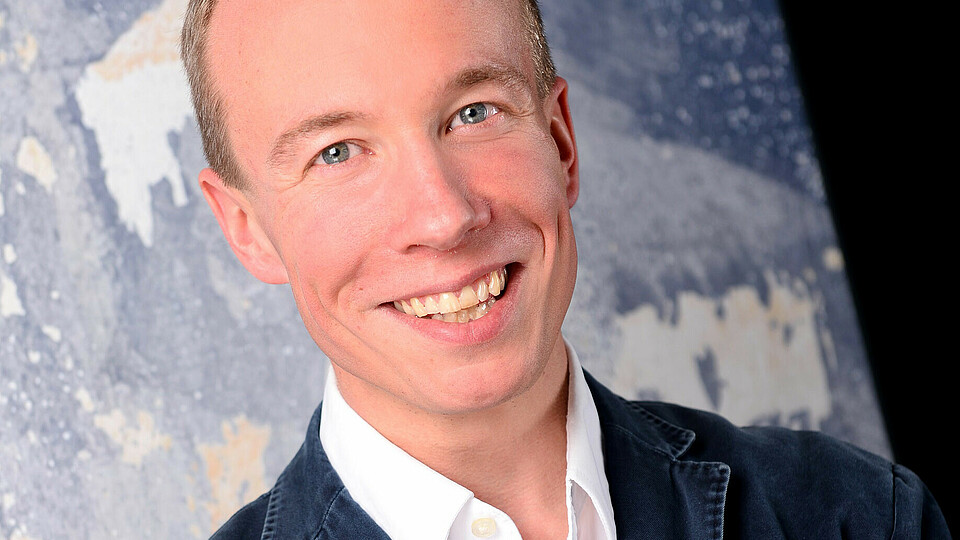
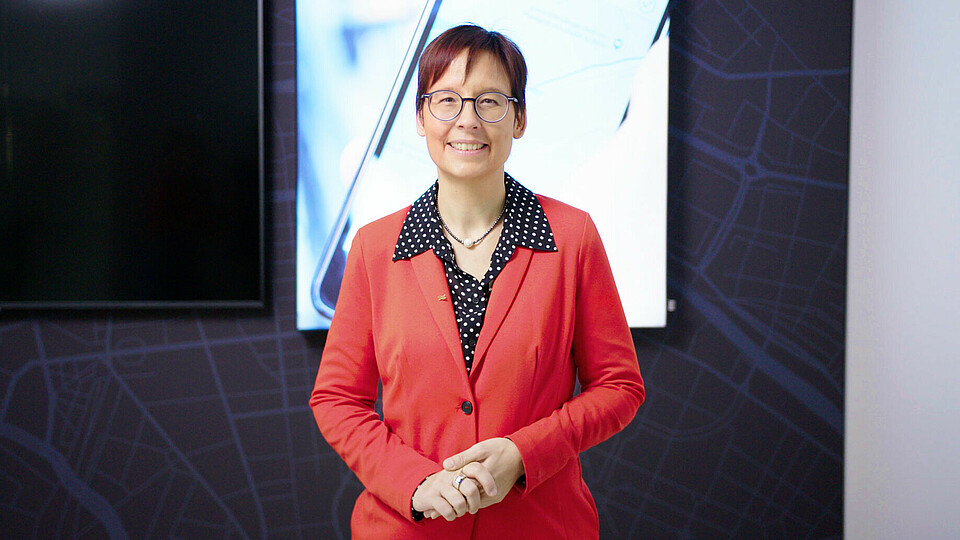
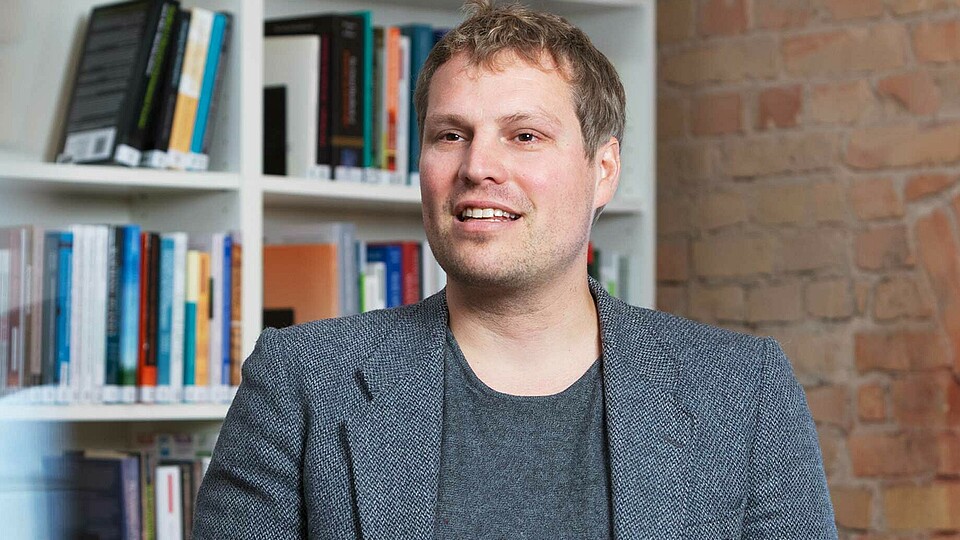
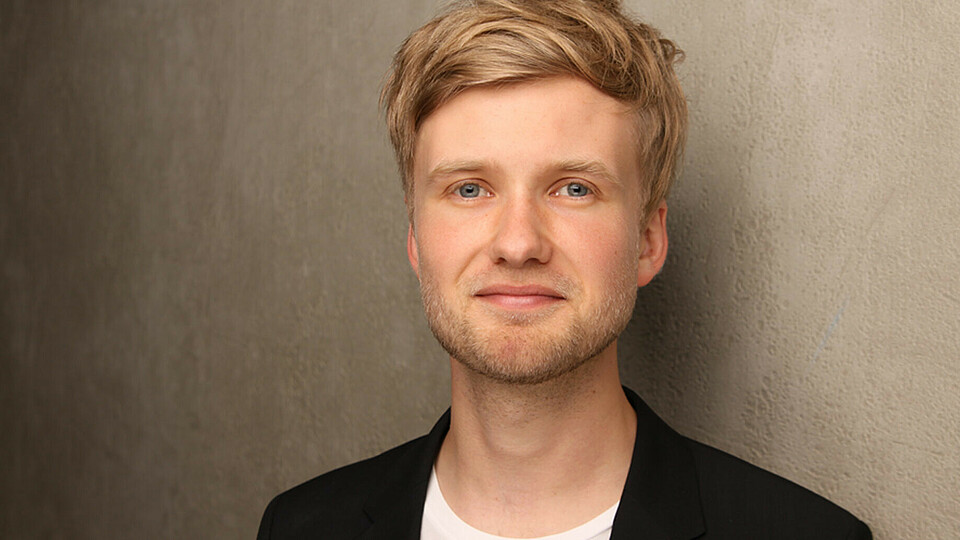
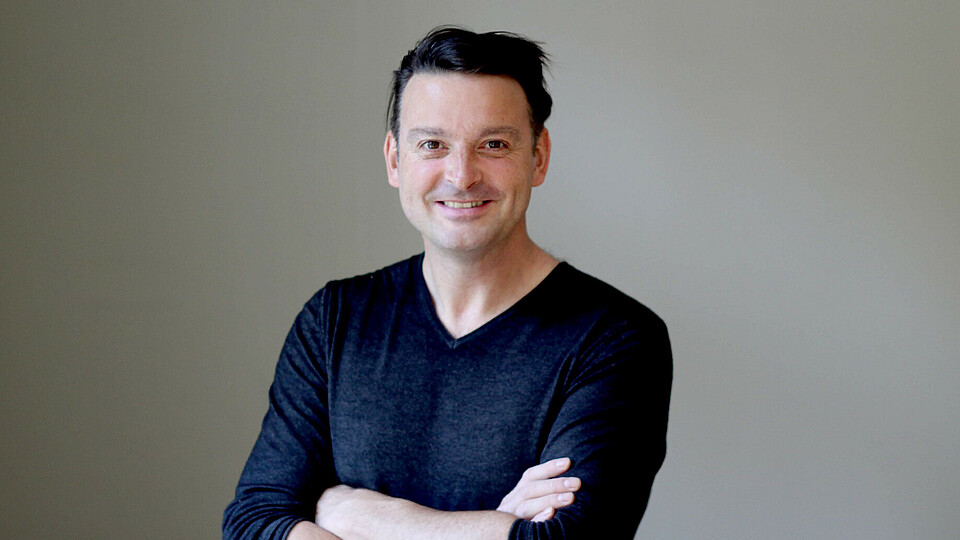
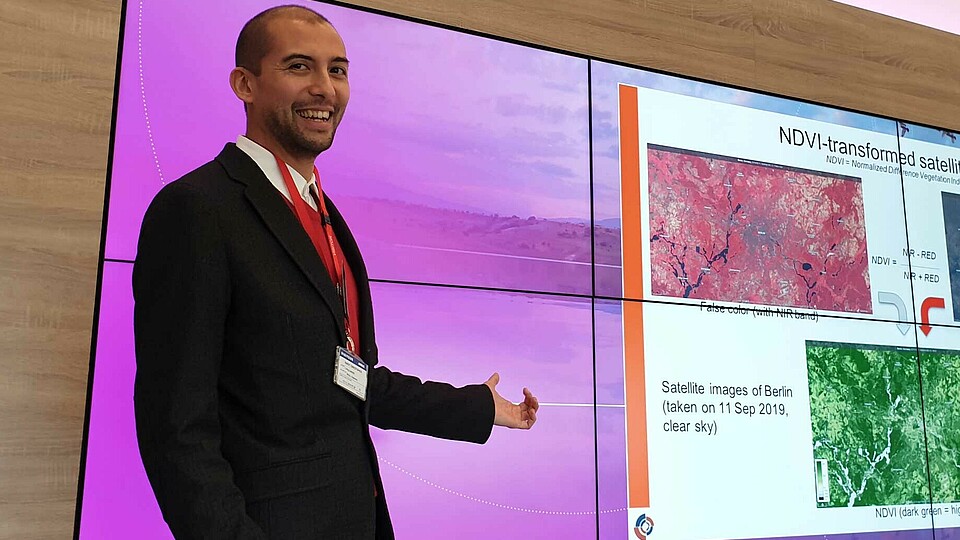
![[Translate to English:] [Translate to English:]](/fileadmin/_processed_/b/c/csm_Lang_Berlin-Partner_Philipp-Jester_683x384_31db623bc3.jpg)